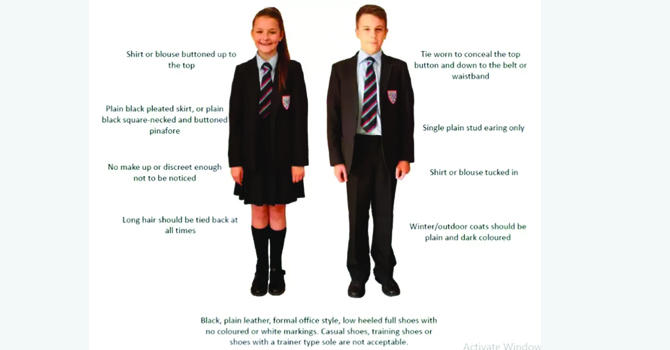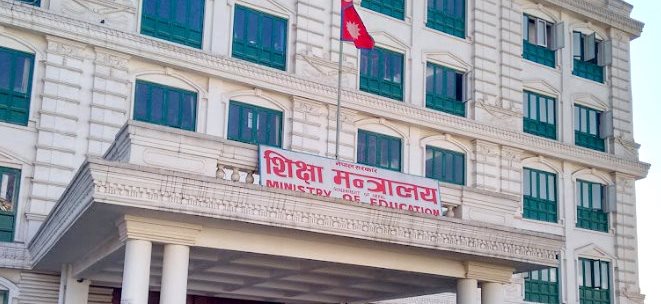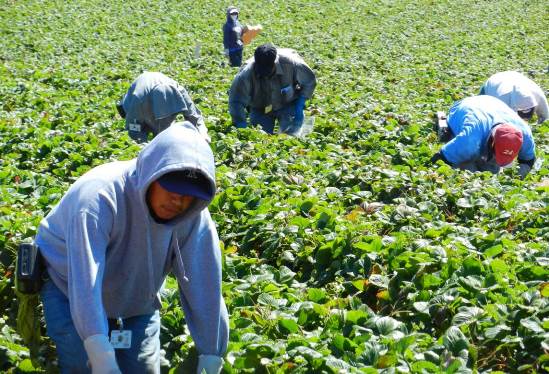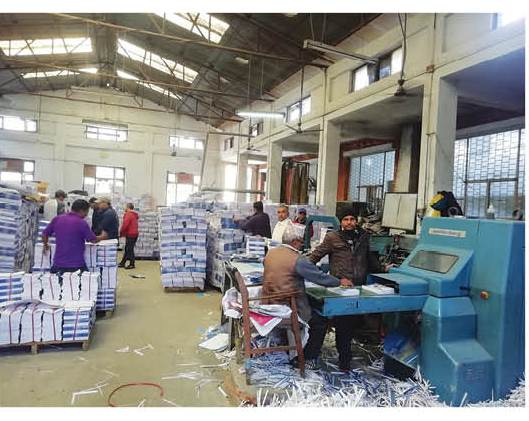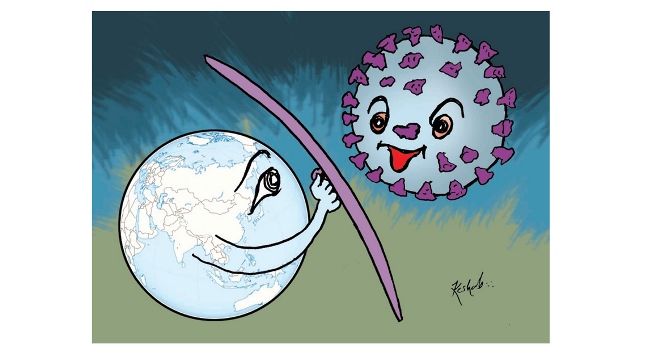Closure caused by COVID-19 severely hampers students’ learning

By Manjima Dhakal
Kathmandu, Aug. 30: Aarati Thapa Magar, 16, of Chitwan wakes up every morning to support her parents in household chores. She has been spending her days for five months in cookery, cleaning and supporting parents in their farm.
In the midst of COVID-19 scare, Thapa, a 10th grader in a local community school, is worried about her education as she cannot engage herself in remote learning via alternative modes because her parents are not aware of it. She does not have an access to mobile, television, radio or any other alternative medium of distant learning.
But the story of Roshan Gurung, a 7th grader, is different from Thapa’s. If interested in learning, Gurung has access to television, mobile as well the internet. But Gurung spends his day on various social media platforms like tiktok, facebook and other gaming applications. Gurung denied his guardians’ request to attend the classes through television and internet because they are not counted as academic year.
Thapa and Gurung are only examples. The story of majority of students from school to university level is similar.
There are a few students who have an easy access to alternative modes of learning and whose parents are conscious about their children’s education. According to the data revealed by the government, about seven million students are studying at school level and about 450,000 students are studying at university level. The academic activities of most of them have been halted since March.
Though the government has introduced alternative learning modes targeting the students, even government officials themselves are not satisfied with the programme. The government introduced the “Directive on Student’s Learning Facilitation through Alternative Media, 2077” and implemented it across the country from June 15.
According to the directive, the federal, state and local governments and schools have to coordinate to reach the students through different mediums. The government targeted to reach the school students through different alternative online and offline mediums like radio, television, print, according to students’ access to technology.
Ineffective alternative l
earning plan
Dr. Balchandra Luitel, an educationist, said the plan of alternative learning modes brought by the government was appropriate for the situation but the problem lay in its implementation. Luitel stressed that ineffective implantation of the programme was the result of paralised system of the country. Inflexibility of the local bodies and teachers resulted in ineffectiveness of the programme, he added.
“The alternative mode of education is the only way to connect children to learning as long as the impact of the COVID-19 is here, so all stakeholders must be responsible to make it effective,” Luitel said.
Rituraj Sapkota, chairperson of National Private and Boarding School Association Nepal (NPABSON), said, “The students and guardians deny taking classes from alternative modes while the government said the first phase of alternative classes are just to engage children and are not counted as part of the academic year.”
If the government does more delay to start academic session, the whole year of the students may be lost, he stated. So, the government has to declare the starting of academic session as soon as possible and the students may not lose a whole academic year if we extend it till June, July.
What the government is doing
Minister for Education, Science and Technology, Giriraj Mani Pokharel, informed that the government would decide regarding academic session within few days and the uncertainty regarding academic calendar would end soon.
Pokharel said the government was working to minimise educational loss of all students from school to university.
Tulsi Hari Thapaliya, director general of the Centre for Education and Human Resource Development, said, “The government has been planning to revise the directives to give validity to life skills of children as their learning achievement.”
“The government is not in a state to make the students lose an entire academic year even if schools do not resume this year. So, the Ministry has been consulting with the local level authorities to ensure effective learning,” he added.
Regarding the university education, the government recently worked out a scheme with Nepal Telecom on data pack for varsity students to attend the virtual classes regularly.
Impact on future
“If children don’t engage in academic activities for a long period, thousands of students below the poverty line may not return to schools even after they reopen,” educationist Luitel said. “Therefore, all stakeholders have to make their optimum effort for continuation of education,” he added.
Likewise, Sapkota said a learning gap might be created among children as the impact of pandemic on the education sector.
Recent News

Do not make expressions casting dout on election: EC
14 Apr, 2022
CM Bhatta says may New Year 2079 BS inspire positive thinking
14 Apr, 2022
Three new cases, 44 recoveries in 24 hours
14 Apr, 2022
689 climbers of 84 teams so far acquire permits for climbing various peaks this spring season
14 Apr, 2022
How the rising cost of living crisis is impacting Nepal
14 Apr, 2022
US military confirms an interstellar meteor collided with Earth
14 Apr, 2022
Valneva Covid vaccine approved for use in UK
14 Apr, 2022
Chair Prachanda highlights need of unity among Maoist, Communist forces
14 Apr, 2022
Ranbir Kapoor and Alia Bhatt: Bollywood toasts star couple on wedding
14 Apr, 2022
President Bhandari confers decorations (Photo Feature)
14 Apr, 2022




